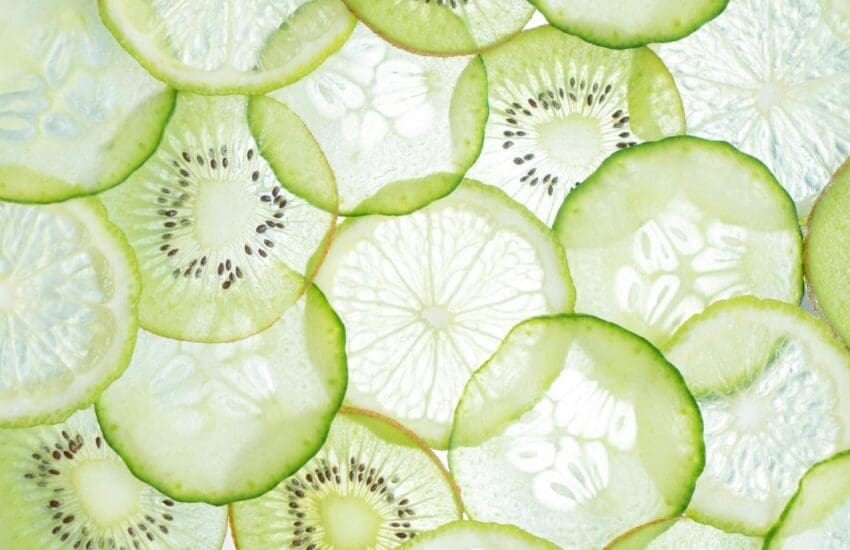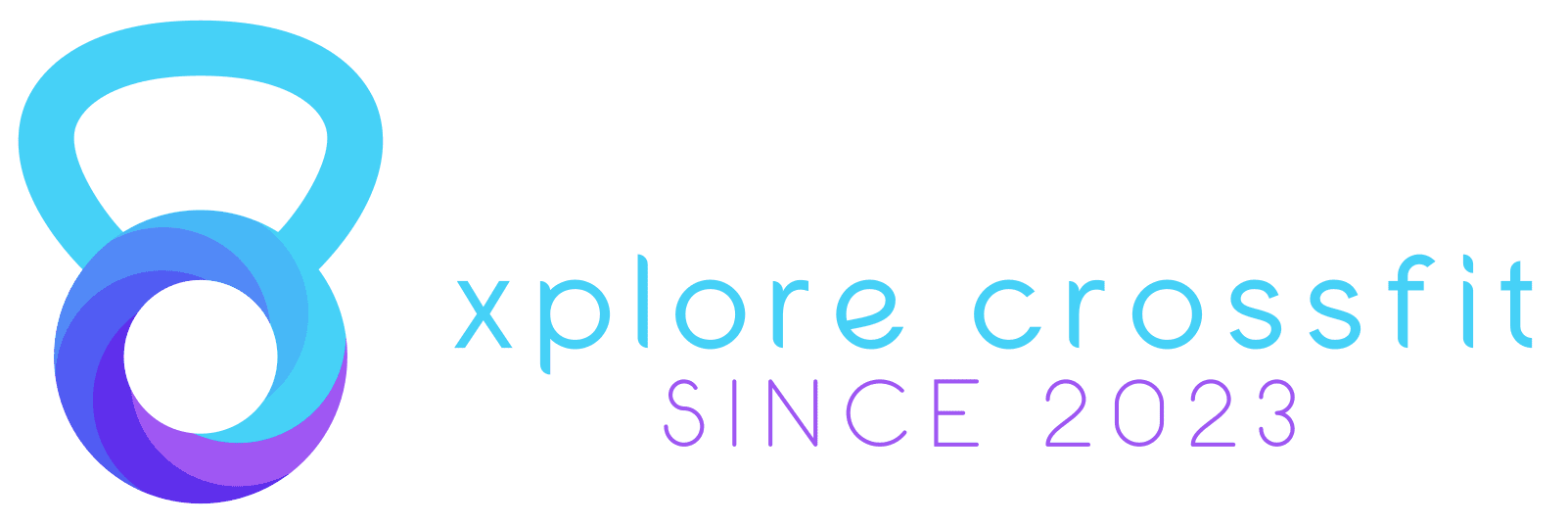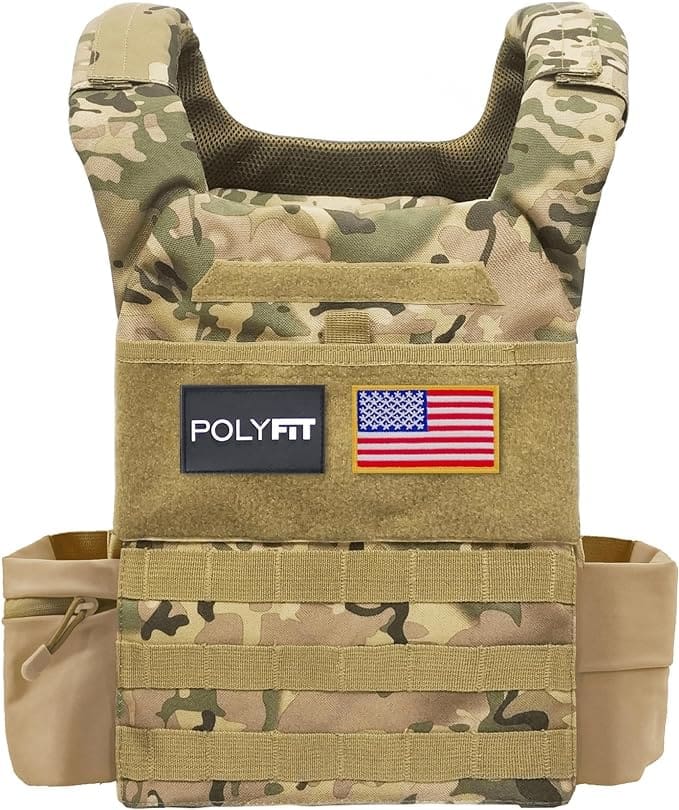Introduction to Nutrition in Sports
Regardless of your level of athleticism, the food you consume directly impacts your performance on the field, court, gym or track.
Nutrition is a critical factor in improving athletic abilities and achieving those pivotal moments during competition.
Picture having the endurance to outlast opponents, the strength to effortlessly execute every move, and the mental sharpness to make quick decisions. You might assume these qualities are only possessed by superhumans, but it all begins with proper nutrition.
Our goal in this blog post is to explore sports nutrition and how it can boost your performance. Whether you’re looking for ways to fuel up for sports activities or debunking common myths about nutrition, we’ve got everything covered.
How Nutrition Affects Athletic Performance
In terms of athletic performance, numerous factors play a role, with nutrition being a commonly overlooked one. What you consume directly affects your body’s ability to excel in physical activity and competition. More specifically, a well-balanced diet provides the necessary fuel for your muscles to perform optimally. This is especially true for carbohydrates, which serve as the main source of energy for intense workouts. Prioritizing carbohydrate intake before exercising or competing ensures that your body has enough glycogen reserves to sustain prolonged effort.
When you eat lean sources of protein such as chicken, fish, or tofu in your meals, you will promote muscle growth and recovery after intense training sessions or competitions.
Besides macronutrients such as carbohydrates and protein, athletes also need adequate micronutrients. Vitamins and minerals are micronutrients. By eating a varied diet with fruits, vegetables, whole grains, lean meats, and dairy products, you can get all the essential micronutrients you need for optimal performance.
A crucial part of sports nutrition is hydration. Dehydration can reduce endurance, impair cognitive function, increase fatigue, and even lead to heat-related illnesses. To stay hydrated before, during, and after exercise, you must drink enough water throughout the day.
Overall, paying attention to what you put into your body plays a significant role in how well you perform as an athlete.
Whether it’s fueling with the right combination of macronutrients to build strength and endurance or hydrating properly to sustain energy, following a good nutritional plan will positively impact your athletic performance.
So, take care of what you eat and drink to be the best version of yourself in the gym!
The Importance of Proper Hydration
Proper hydration is a crucial component of sports nutrition that should never be overlooked. While we tend to prioritize the types and amounts of food we eat, it’s important to remember that water is equally essential in supporting our performance. Staying hydrated helps regulate body temperature, lubricate joints, deliver nutrients to cells, and flush out waste products. Without sufficient hydration, athletes may experience reduced endurance, muscle cramps, fatigue, and impaired cognitive function during physical activity.
During physical activity, it’s important to replace lost fluids caused by sweat. Proper hydration before, during (if possible), and after exercise or training is vital. Neglecting thirst can be a sign of dehydration. The amount of fluid needed varies based on factors like activity intensity, duration, and personal differences such as sweat rate. Aim for at least 8 cups (64 ounces) of fluid per day as a general guideline, but adjust according to individual needs and variables like level of exertion and temperature.
When engaging in activities for less than an hour, water is usually sufficient. But for longer or more strenuous workouts that may cause electrolyte loss, it is recommended to replenish with sports drinks that have carbohydrates and minerals such as sodium or potassium.
It’s important to stay hydrated throughout the day, not just during physical activity. Using a reusable water bottle is a convenient method to ensure regular sipping even when not exercising.
Making proper hydration a key component of your overall sports nutrition plan can greatly boost athletic performance and prevent potential health risks related to dehydration.
Macronutrients vs. Micronutrients: What Athletes Need
In fueling an athlete’s performance, essential roles are played by both macronutrients and micronutrients. While crucial for overall health, these two types of nutrients have different functions and needs. Starting with macronutrients – carbohydrates, proteins, and fats – which are the main sources of energy that athletes require in greater amounts to sustain their rigorous physical activity.
Specifically, carbohydrates supply quick energy during exercise, particularly in high-intensity or endurance activities, and can be obtained from whole grains, fruits, and vegetables.
Besides repairing and rebuilding muscles after strenuous exercise, proteins also contribute to immunity. Lean sources of protein include poultry, fish, beans, and nuts, which athletes should eat.
Although fats have received a bad reputation, they are an essential source of energy for endurance activities. Avocados, nuts, seeds, and olive oil are all good sources of healthy fats.
Micronutrients, on the other hand, include vitamins, minerals, and antioxidants.
These nutrients are required by athletes but only in smaller amounts. To ensure adequate micronutrient intake, athletes should consume a wide variety of colorful fruits, dark leafy greens, nuts, and seeds. Micronutrients help support various body functions, vitality, and recovery.
Depending on their individual needs, certain sports demands, and training intensity, athletes need to find the right balance of macronutrients and micronutrients.
You can make sure that you meet all your nutritional needs by working with a dietitian who specializes in sports nutrition. Make sure you get enough macronutrients but don’t forget micronutrients!
Pre-Game/Competition Meal Ideas
You must fuel your body with the right nutrients when preparing for competition. It is important to focus on carbohydrates before you play a game or competition. Your pre-game meal can have a significant impact on how well you perform.
You must consume carbohydrates before you play. Carbs are our muscles’ primary source of energy, so they play a crucial role in athletic performance. Instead of simple sugars, choose complex carbs such as whole grains, fruits, and vegetables.
Including lean protein sources like chicken breast or tofu in your pre-game meal can help support your muscles during intense physical activity. Don’t forget to hydrate as well. Ensure you’re properly hydrated and ready to perform at your best by drinking plenty of water before the game.
Remember that everyone has unique nutritional needs, so it may take some trial and error to find what works best for you. Experiment with different foods and timing of meals to see how your body responds.
By fueling yourself properly before a game or competition, you’ll give yourself the best chance at performing at your peak level – whether that’s scoring goals, hitting home runs, or making those winning shots! Keep experimenting until you find what combination works best for your body type!
Post-Game/Competition Recovery Nutrition Tips
To recover and repair your body after an intense game or competition, your body needs proper nutrition. Here are some tips for post-game/competition recovery nutrition.
Keep your fluids up! Hydration is essential for optimal recovery. Consume plenty of water or sports drinks to replenish fluids lost through sweat. This will also help flush out toxins from your muscles and prevent dehydration.
After exercising, make sure to replenish your body with carbohydrates. These are crucial for replenishing the depleted glycogen levels in your muscles. Choose complex options like whole grains, fruits, and vegetables for a sustained release of energy throughout the day.
Incorporate antioxidants into your diet as well. These powerful compounds help reduce inflammation caused by intense physical activity and aid in the recovery process. Eat foods rich in antioxidants like berries, leafy greens, nuts, and seeds.
Lastly but equally important is getting enough rest! Your body needs time to recharge after demanding physical exertion. Aim for at least 7-8 hours of sleep each night to support proper recovery.
By following these post-game/competition recovery nutrition tips consistently, you’ll optimize the healing process of your body and be ready to take on future challenges with renewed energy! Give it a try – you won’t be disappointed with the results!
Common Myths and Misconceptions About Sports Nutrition
To fuel your body effectively for top performance, you need to distinguish reality from fiction when it comes to sports nutrition. Here are a few myths to dispel.
Myth #1: Carbs are the enemy! Many athletes mistakenly believe that carbohydrates should be avoided or drastically reduced in their diet. Carbs are an essential source of energy for athletes and should make up a significant portion of their daily caloric intake.
Myth #2: Protein is the only essential nutrient. Although protein is vital for muscle repair and growth, it should not be the sole focus. Athletes must also incorporate enough carbohydrates and healthy fats to enhance overall performance and promote recovery.
Myth #3: Supplements can replace a proper diet. Despite claims, there is no miraculous supplement that can take the place of a well-rounded nutrition plan. While some may offer benefits when used properly, they should never be substituted for real food as the primary source of nourishment.
Myth #4: Despite popular belief, eating excessive amounts of protein will not necessarily result in bigger muscles or better athletic performance. The body can only utilize so much protein at once, so try to meet your individual needs rather than going overboard.
Myth #5: You must eat massive meals before training or competing. Overeating can impair performance by causing discomfort and sluggishness during physical activity. Instead, choose smaller pre-game meals consisting of easily digestible foods that give sustained energy without weighing you down.

Finding the Right Balance for Your Body and Sport
Achieving the perfect equilibrium for your body and physical activity is essential in maximizing athletic performance. Each athlete possesses distinct nutritional requirements based on variables such as age, gender, weight, training intensity, and objectives. It’s vital to pay attention to your body and adapt accordingly.
In addition, it’s important to consider timing when it comes to food and physical activity. For optimal energy levels during workouts or competitions, consume carbohydrate-rich meals before the event.
Following physical exertion, focus on replenishing glycogen stores by incorporating a mix of carbohydrates and protein into your post-game nutrition.
Adequate hydration is also key in maintaining balance during exercise. To prevent decreased performance and potential injury, make sure to drink enough water before, during, and after physical activity.
Each person responds differently to different foods and hydration strategies. Keeping track of what works for you over time can help you fine-tune your nutrition plan.
Achieving optimal performance through nutrition requires finding the right balance tailored specifically for your body type, sports demands, and personal preferences. Experimenting with different approaches will help determine what works best for you as an individual athlete!
Conclusion
Proper nutrition is vital for optimal sports performance. It involves providing the body with the appropriate fuel, hydration, and balance of macronutrients and micronutrients to enhance endurance, strength, speed, and overall athletic ability.
Keep in mind that individual nutritional needs may differ depending on factors such as sports, goals, and personal requirements. Therefore, seeking personalized advice from a registered dietitian or sports nutritionist is essential for athletes.
Rather than eating quick-fix solutions or fad diets that promise miraculous results, eat whole foods from all food groups to ensure your body is getting the nutrients it needs. During the game, eat lean proteins, complex carbs, and healthy fats to stay energetic.
Effective post-game recovery is crucial for your body to heal and refuel after physical activity. Enhance this process by incorporating a combination of protein-rich foods for muscle repair and carbohydrates for glycogen replenishment within 30 minutes of exercising.
To reach your maximum athletic performance, it’s essential to strike a balance between proper nutrition and sport-specific training methods. Keep in mind the importance of consistency – make healthy dietary decisions a regular part of your daily routine instead of occasional attempts.
So go ahead – fuel yourself for success! Incorporate these tips into your training regimen today and watch how proper nutrition enhances both physical performance and overall well-being in sports.
About this item
- Weight Vest Plates Sold Separately. For Fitness Use Only.
- 【WEIGHT VEST | CUSTOMIZE YOUR WORKOUT】Insert weight plates for a more demanding workout. Weight plates are sold separately, and are available in pairs of 4 lbs, 6 lbs, 9 lbs, 14 lbs, and 19 lbs to create a 10lb, 14lb, 20lb, 30lb, and 40lb vest respectively.
- 【MAX RANGE OF MOTION | IDEAL FOR TRAINING】The Polyfit Weighted Vest is specifically constructed lightweight and mobile for the max range of motion. Ideal for training, running, strength training, and bodyweight workouts.




